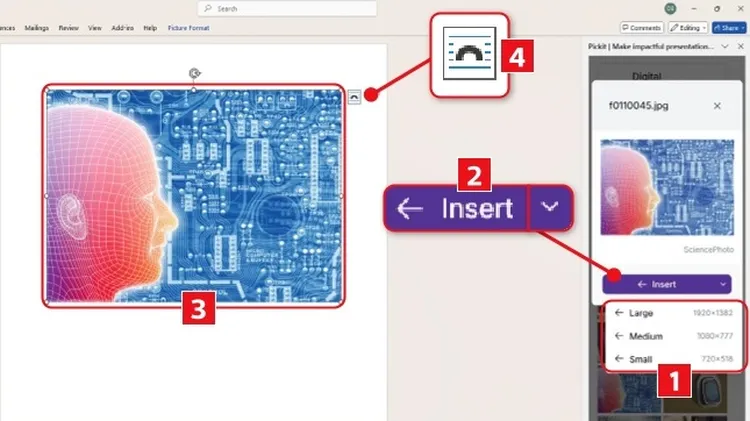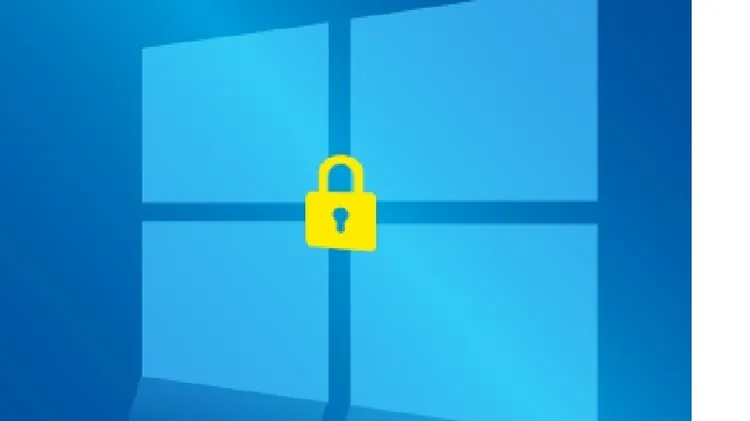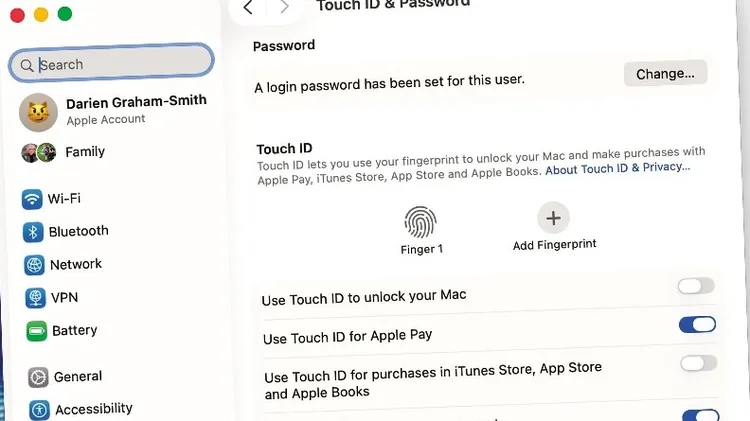With password theft rocketing, it’s never been more important to
Ditch your oldpasswordsnow!
21 min read
This article is from...
Read this article and 8000+ more magazines and newspapers on Readly






